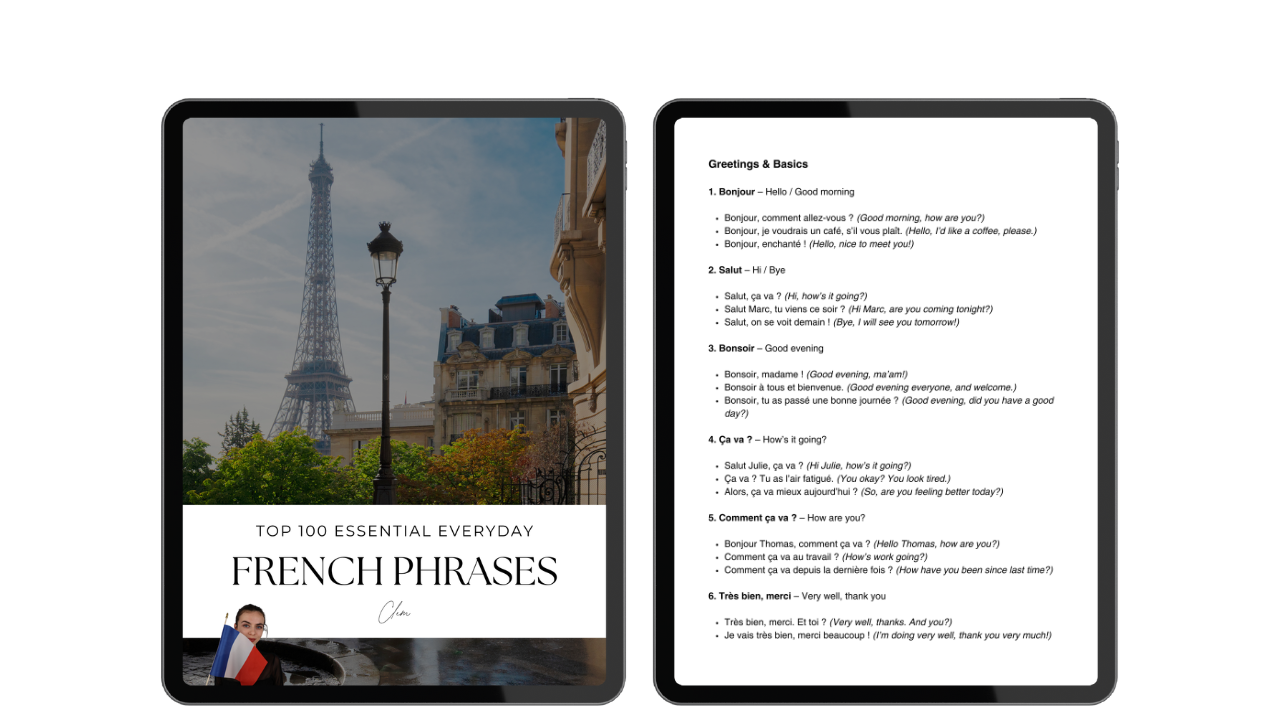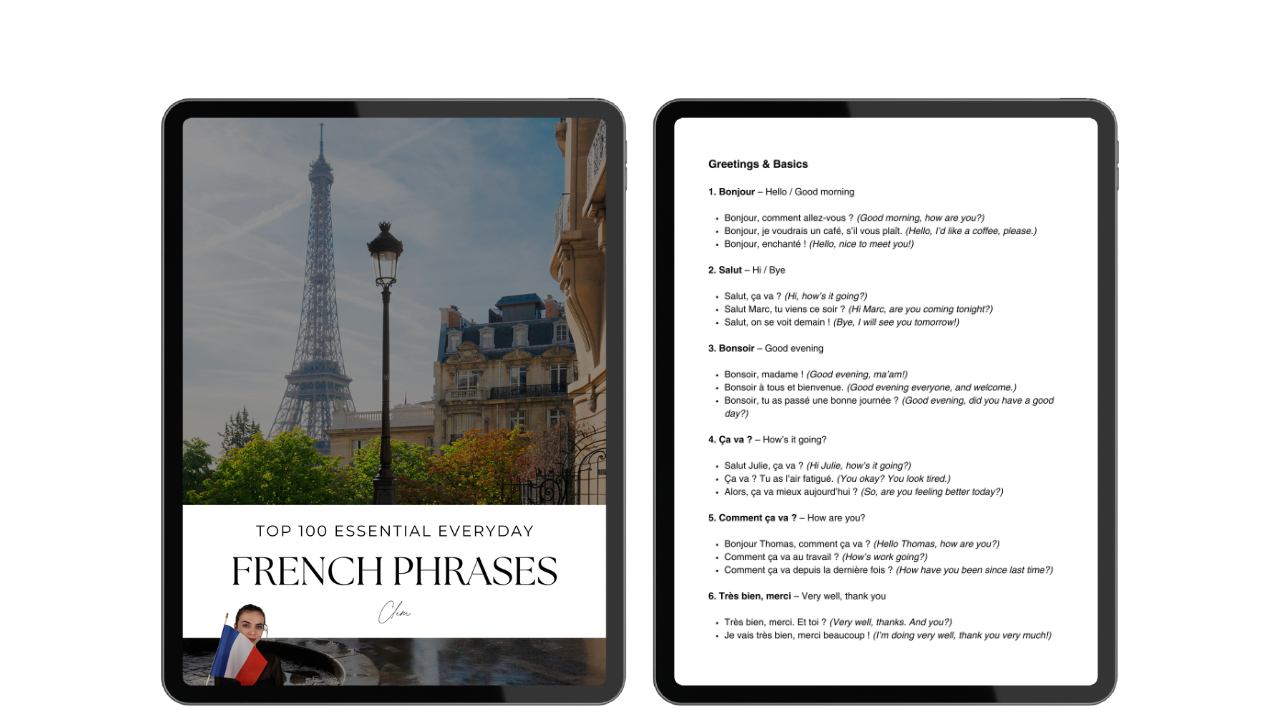
The Funniest French Words (That Will Make You Smile)
Sep 21, 2025Learning French is full of beautiful, poetic moments.
You hear your first je t’aime and swoon. You say bonjour in a tiny Parisian bakery and get a warm smile back.
But here’s something no one warns you about: French is also hilarious.
Because in between the romance and elegance, there are words so quirky, so oddly literal, or just so silly sounding that you can’t help but laugh.
Some will make you grin the moment you hear them. Others will make you think, “Wait… that’s what they call THAT?!”
So, let’s dive into the funniest French words—the ones guaranteed to make you smile, and maybe even give you a new appreciation for how delightfully weird (and creative) French can be.
1. Pamplemousse (Grapefruit)
Say it out loud: pamplemousse.
Feels like you just named a cartoon character, right?
You picture a friendly, squishy little animal—maybe something that lives in the woods and eats berries.
But nope. It’s just… grapefruit.
Even French kids giggle when they learn this word. And once you hear it, you’ll never want to call grapefruit grapefruit again.
👉 Bonus fact: The word comes from Dutch (“pompelmoes”), but somehow became infinitely cuter in French.
2. Chouette (Cool / Owl)
Chouette pulls double duty.
-
The noun: une chouette = an owl (already cute).
-
The slang: c’est chouette ! = “that’s cool!”
Yes, French people literally say “That’s owl!” to mean “That’s awesome!”
It’s such a cheerful word that even just saying c’est chouette makes you smile. (And yes, you might start picturing tiny owls wearing sunglasses.)
3. L’embouteillage (Traffic Jam)
In English: traffic jam.
In French: bottle‑ing.
Because when cars pile up, they “bottle” like ketchup at the neck of a bottle.
It’s a perfectly logical image—and somehow still funny.
Next time you’re stuck on the freeway, mutter l’embouteillage and picture a giant bottle of cars.
4. Ronronner (To Purr)
French has a gift for onomatopoeia, and ronronner is one of its masterpieces.
It means “to purr.” And when you say it, you basically purr.
👉 “Le chat ronronne.”
(The cat purrs.)
Try saying it out loud—it’s impossible not to smile. You practically feel like a cat yourself.
5. Crapoter (To Puff Without Inhaling)
This one is pure slang gold.
Crapoter means “to puff on a cigarette without really inhaling.”
The sound of it—crah‑po‑tay—is already funny. But it gets better: it comes from crapaud, which means toad.
Why? Because someone “crapoting” apparently puffs like a toad.
Even if you’ve never smoked in your life, you’ll want to drop crapoter into conversation just for the joy of it.
6. Quincaillerie (Hardware Store)
There’s nothing inherently funny about a hardware store.
But in French? It’s called quincaillerie (pronounced “kahn‑kai‑ree”).
Try saying it three times fast—you’ll feel like your tongue is doing gymnastics.
And for some reason, this long, twisty word for “screws and hammers” always gets a laugh.
7. Coccinelle (Ladybug)
Coccinelle is already adorable—it sounds like a baby trying to say “cousin.”
But the cuteness skyrockets when you learn it means ladybug.
👉 Picture it: “Look, une coccinelle!”
You’ll never see a ladybug again without hearing this bouncy little word in your head.
8. Chewing‑gum (Chewing Gum)
Not all funny French words are purely French.
Some are English words that got… well, Frenched.
Case in point: chewing‑gum.
French people literally say:
👉 “Tu veux du chewing‑gum ?”
But the pronunciation? “Shoo‑ing‑goom.”
It’s endearing, hilarious, and makes you want to offer gum just so you can hear someone say it.
9. Pantoufle (Slipper)
Slippers are already cozy. But the French word for them? Pantoufle.
It sounds like something you’d name your pet hamster—or the punchline to a children’s joke.
“Pantoufle” is so delightfully soft it almost feels like a slipper in your mouth when you say it.
10. Dépaysement (That “I’m Not in Kansas Anymore” Feeling)
Okay, this one isn’t funny “ha‑ha”—it’s funny “oh wow, we don’t have a word for that.”
Dépaysement literally means “un‑countried‑ness.”
It’s that disoriented, excited feeling of being out of your usual environment—traveling, moving, stepping into the unfamiliar.
It’s both poetic and a little odd, and the word itself always makes learners grin because it sounds like something out of a sci‑fi novel.
11. Cloche‑pied (Hop on One Foot)
If you’re hopping on one foot, in English… you just say “hopping on one foot.”
In French? You’re doing cloche‑pied—literally “bell‑foot.”
It’s because when you hop, your leg looks like a swinging bell.
Once you picture that, you’ll never hop again without thinking, “I’m bell‑footing!”
12. Chauve‑souris (Bat)
In English: bat. Simple.
In French: chauve‑souris.
Translation? “Bald mouse.”
Once you learn that, you’ll never see a bat again without thinking “aww, poor little bald mouse.”
13. Tire‑bouchon (Corkscrew)
A corkscrew in English is… a corkscrew. Functional.
In French? Tire‑bouchon—literally “pull‑plug.”
It’s so literal it’s almost comedic. You picture someone naming it exactly what it does, no frills.
14. Bricoleur (Handyman)
The French verb bricoler means “to tinker, to DIY.”
So a handyman? He’s a bricoleur.
It’s a goofy, cheerful word that makes you picture someone whistling while fixing things—and probably “bricoling” a bit too much.
15. Grelotter (To Shiver)
There’s just something inherently funny about grelotter—the way it sounds like tiny bells jingling.
It means to shiver—and when you say it, you almost hear your teeth chattering.
16. Punaise (Thumbtack… and Also an Insult)
In a classroom, punaise means “thumbtack.”
But here’s the twist: it’s also a mild exclamation, like “shoot!” or “darn!”
French kids yell “Punaise !” when they stub their toe.
Hearing adults mutter “thumbtack!” instead of swearing never stops being funny.
17. Pépins (Seeds… and Problems)
Technically, pépins are fruit seeds—like in an apple.
But in slang? Un pépin = “a problem.”
So if someone says “Il y a un pépin,” they’re basically saying “there’s a little seed”—but they mean “there’s a hitch.”
It’s oddly charming, and you’ll start wishing English did the same.
18. Frimousse (Cute Little Face)
Frimousse isn’t just a word—it’s a mood.
It means “a sweet, tiny face”—usually for a child.
The sound of it—free‑moose—is silly and soft, like the word itself is smiling.
19. Chatouiller (To Tickle)
If you don’t grin saying chatouiller, check your pulse.
It means to tickle, and it’s somehow as tickly to say as the act itself.
👉 “Je vais te chatouiller !” (I’m going to tickle you!)
It’s impossible to say it with a straight face.
20. Poisson d’avril (April Fool’s)
Literally? “April fish.”
That’s what the French call April Fool’s Day.
Kids stick paper fish on people’s backs, yell “Poisson d’avril !”, and laugh.
It’s so absurd, so delightfully silly—you’ll never think of April 1st the same way again.
21. Bêtise (Silliness / Mischief)
Technically, bêtise means “stupidity” or “silly mistake.”
But in everyday speech, it’s used for the harmless trouble kids get into:
👉 “Il a fait une bêtise.” – “He made a silly mistake/did something naughty.”
The word itself is bouncy, almost affectionate—even when you’re scolding someone.
22. Chouchou (Darling… and Scrunchie)
Chouchou is French for “darling” or “teacher’s pet.”
It’s ridiculously cute—literally “cabbage‑cabbage.”
But wait, it’s also the word for hair scrunchie.
So yes, you can call your partner mon chouchou… or your ponytail holder.
23. Bouquin (Book)
The formal French word for book is livre.
But a casual, cozy word for “book” is bouquin—and it just feels funny and friendly, like you’re talking about an old, beloved paperback.
24. Coquelicot (Poppy)
Coquelicot might be the most cheerful plant name ever.
It’s a bright red poppy—and the word itself is bright, round, and playful.
Say it once, and you’ll want to say it again: co‑keh‑lee‑coh.
25. Rigoler (To Laugh)
The French verb rigoler literally means “to laugh” or “to have fun.”
It’s less formal than rire, and somehow just more… giggly.
👉 “On rigole bien ensemble.” – “We have a good laugh together.”
26. Grignoter (To Nibble)
Want to snack? In French, you grignoter.
It means “to nibble,” and saying it feels like exactly that—little bites, one after another.
It’s the kind of word that makes you hungry and happy at the same time.
27. Marmonner (To Mutter)
You can almost hear this one.
Marmonner means “to mumble” or “to mutter.”
Say it under your breath—it is the sound of mumbling.
28. Bidon (Fake… or Belly)
Bidon can mean “fake” or “phony”—like “une histoire bidon” (a made‑up story).
But it also means belly.
Hearing someone say “J’ai mal au bidon” (my belly hurts) is somehow both cute and hilarious.
29. Doudou (Security Blanket)
French kids don’t have “blankies”—they have doudous.
Say it: doo‑doo.
It’s as soft and silly as the stuffed animal it refers to. And if you call someone mon doudou? That’s next‑level adorable.
30. Goudron (Tar)
There’s nothing inherently funny about tar—until you call it goudron.
It sounds like a cartoon villain.
👉 “Beware… Le Goudron!”
Once you think of it that way, you’ll never look at asphalt the same.
French is full of beauty—bonjour, amour, liberté—but it’s also full of pure fun.
These words aren’t just vocabulary. They’re little sparks of joy:
-
Pamplemousse makes you giggle.
-
Ronronner makes you purr.
-
Poisson d’avril makes you wonder who first stuck a paper fish on someone’s back.
Learning French isn’t just about grammar—it’s about moments like this: when a word makes you smile, when you hear yourself saying pantoufle for “slipper” and can’t stop laughing.
Because the best part of learning any language isn’t just the words you memorize—it’s the ones that make you feel something.
And in French? Sometimes that “something” is a big, goofy grin.












